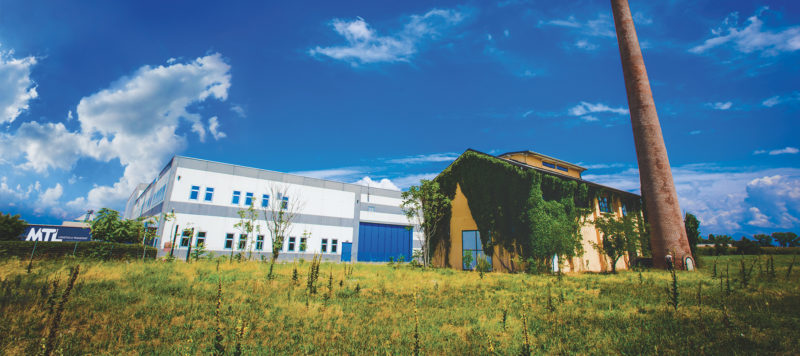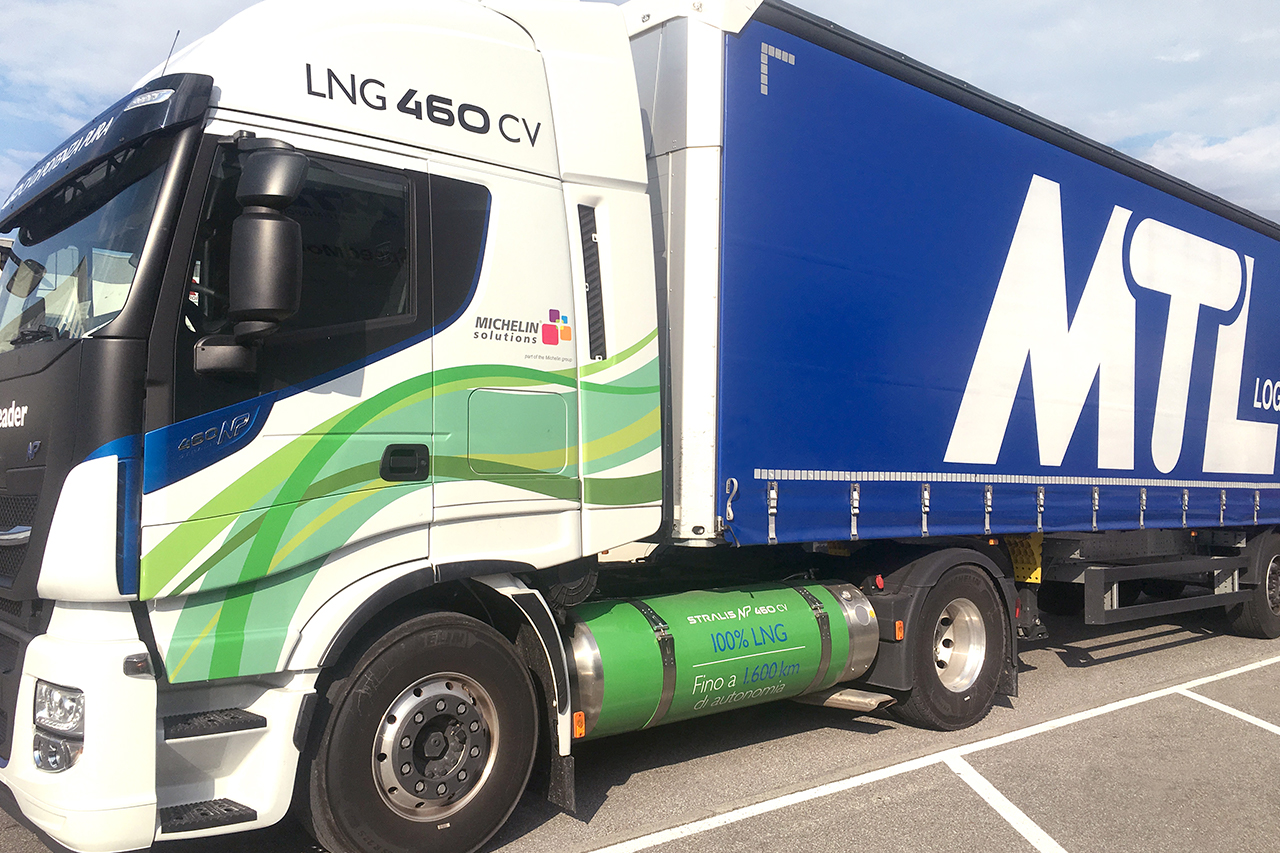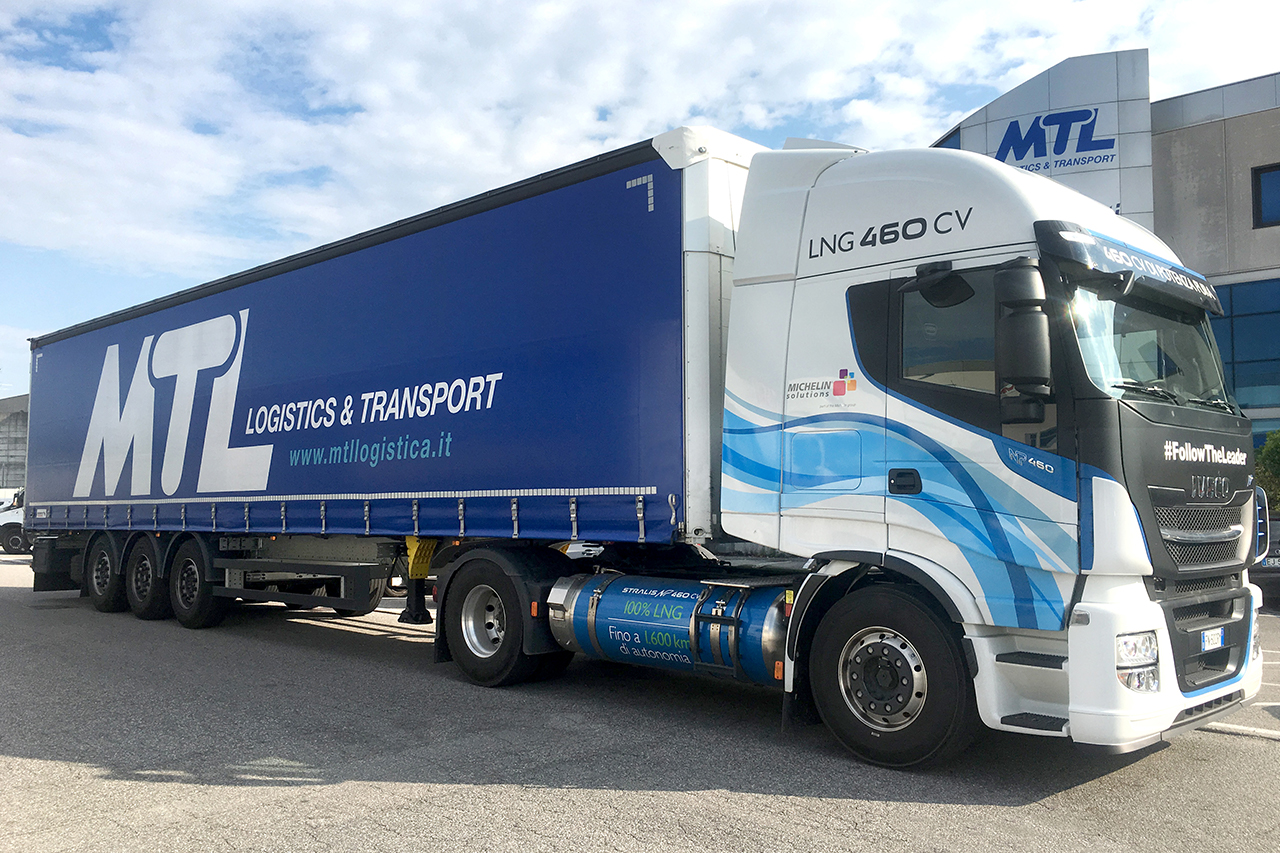Green Attitude and Values

GROWING WITH OUR COMMUNITY
In a globalised world, where the only imperative seems to be “the best price”, we believe in our business’s responsibility to contribute to the growth of its local community.
The business and community fabric grow together. A company receives opportunities from its local community, and is under an obligation to repay its debt by offering jobs and development prospects.
PEOPLE-ORIENTATION
Dignity and safety at all levels, training and personal growth: these are the guarantees MTL provides for all its staff.
Very low personnel turnover, people who spend decades with the firm and many examples of personal growth within the business all express the motivational climate that binds the MTL team together.
PARTNERSHIP WITH CUSTOMERS AND SUPPLIERS
A close, personal relationship with its customers and suppliers is vital for the company.
MTL has growth together with its customer firms, through historic, loyalty-based associations – for example, the first company it ever served, in 1981, is still one of the biggest names in the MTL portfolio.
It works through a network of long-established, carefully chosen, trusted suppliers, with which it collaborations on a permanent basis, sharing quality standards and vision.
SAFETY FIRST
Investing in the safety of staff and drivers is MTL’s top priority.
– Regular servicing of trucks and installation of safety technologies,
– Programmes to improve drivers’ quality of life and work and courses and test drives for them help to improve knowledge of vehicles and encourage safer driving styles.
– Monitored, healthy, safe warehouses and workplaces, compliant with the strictest earthquake resistance standards, guarantee the safety of both workers and goods in store.
ENVIRONMENTAL AWARENESS
MTL expresses its green attitude by adopting every technological development intended to cut fuel consumption and emissions:
– a constantly updated fleet, mainly consisting of Euro V and VI vehicles, and the start of the transition to alternative fuel vehicles, especially using LNG;
– fuel consumption monitoring and route planning to reduce environmental impact with the aid of intermodal solutions for both domestic and international freight;
– specific driver training and encouragement of an environment-friendly driving style
– waste and packaging recycling




